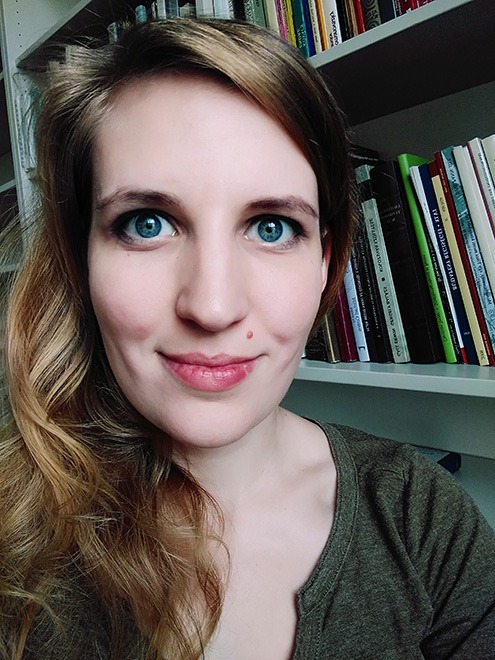Please join the fourth Bishkek Liberal Arts Seminar (BLAS) on Hearing the Voiceless from Below: Using Skeletons and Vernacular Structures to Reassess the Role of the Rural Population in State-Building and Religious Conversion in East-Central Europe, presented by Dr. Mária Vargha.
Tuesday, October 20th, 18:00 Bishkek time.
Meeting ID: 981 7150 8489
Password: 849396
Modern state borders and language barriers in East-Central Europe have resulted in isolated national narratives of the past. Contemporary post-Medieval categories of identity, ethnicity, and nationalism have also harmed understanding of the history of the region, and prevented international comparison. Similarly, a focus on available sources - typically Latin texts produced by the ecclesiastical hierarchy in cities - has resulted in seeing the period from the eyes of the elites. This paper introduces a project, soon to begin, based at Charles University in Prague, which attempts to address these limitations. Through archaeological examination of the often over- looked and understudied rural populations in their cemeteries and churches, across a greater geographical region, the investigation will use new approaches and methodology to uncover a history from below. Such a project, built upon cross- discipline and country co-operation, will reveal a clearer narrative of state-building and religious conversion in the region, and facilitate a more considered, and substantial, comparison with the more-studied example of Western Europe.
Dr. Mária Vargha is a research associate at the Institute of History and Digital Humanities at the University of Vienna. She holds a PhD in Medieval Studies from Central European University, and her work as an archaeologist, historian, and medievalist uses novel interdisciplinary approaches and cutting-edge technology to reassess archaeological data and challenge assumptions about the past. Her studies include an analysis of bird brooches, ‘deviant’ burial practices, socioeconomic aspects to the material culture contained in buried hoards of the Mongol Invasion, and building technologies used for rural church architecture.
For further information about the Bishkek Liberal Arts Seminars, please see the , or contact Dr. James Plumtree (
plumtree_j@auca.kg).
